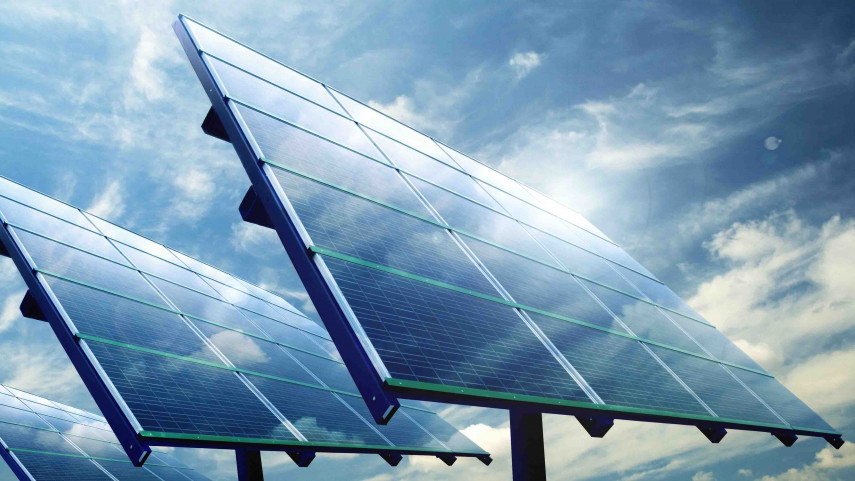
Christchurch Airport unveils renewable energy park plans

Share this story
A solar array 50 times larger than any other in New Zealand is going to be created on Christchurch Airport-owned land in Harewood.
Christchurch Airport has announced that it is committing 400 hectares of its Harewood campus to Kōwhai Park – a new platform for generating renewable energy at scale to enable businesses to transition away from fossil fuels.
Kōwhai Park was launched on Wednesday afternoon with Energy Minister Megan Woods, Climate Minister James Shaw and Christchurch Mayor Lianne Dalziel planting two kowhai trees on the site, next to the century old kōwhai the park is named after.
The Park will scale up over the next 30 years, with Phase One delivering a 220-hectare solar array capable of generating 150 megawatts of electricity. That is enough electricity to power 30,000 homes, or around 20 per cent of Christchurch’s current residential electricity use.
Australian renewable energy fund, Solar Bay, is committing $100 million to the development of Phase One. Investment director Jack Sherratt says New Zealanders can be extremely proud of Christchurch Airport’s initiative.
“There is nothing else like this in New Zealand – it’s innovative, far ahead of its time and absolutely world-leading in every sense. The Phase One solar array is 50 times larger than any existing array in the country – and it’s just the beginning. This will accelerate Canterbury’s low carbon future,” Mr Sherratt says.
Christchurch Airport Chief Executive Malcolm Johns says Kōwhai Park is part of the airport’s plan to become climate positive over the coming decade and to maintain its world leading position on sustainability.
“Over the past decade, our team has systematically decarbonised our business. We’ve reduced 90 per cent of our direct emissions and we’re on track to be carbon zero well before the city’s goal of 2030 and New Zealand’s goal of 2050.
“We want to enable the rest of the economy to decarbonise at the fastest possible rate. That is what Kōwhai Park is about.”
Mr Johns says Kōwhai Park will deliver green energy so other businesses can transition.
“As we decarbonise, demand on our renewable energy supply is expected to increase by 68 per cent. Kōwhai Park will, over time, help meet that additional demand and provide a resilient supply of renewable energy Canterbury and New Zealand can rely on.
“It will also assist aviation to decarbonise and decouple from fossil fuels. In New Zealand we’re likely to see both electric and hydrogen-fuelled planes on our domestic routes over the next few decades. Kōwhai Park can support this transition at Christchurch,” says Mr Johns.
